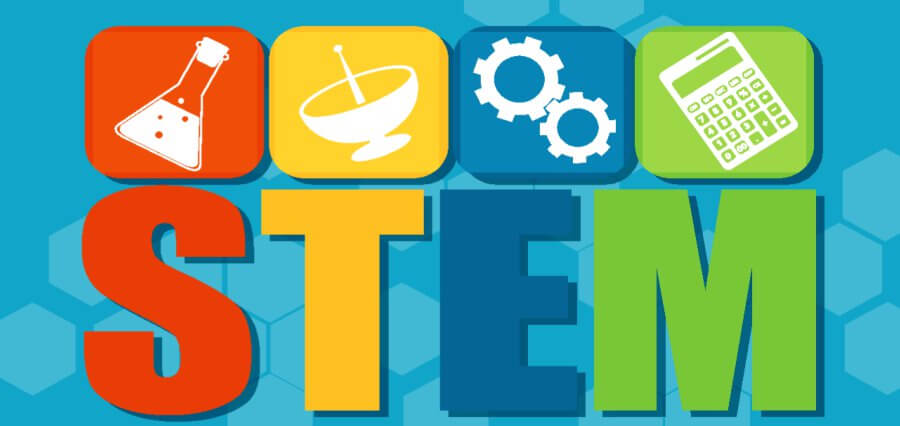In today’s fast-paced and technology-driven world, STEM education has become more important than ever before. STEM stands for Science, Technology, Engineering and Mathematics, and it is the foundation for many of the world’s most critical industries. The global economy has increasingly become driven by technology and innovation, and it is crucial for students to have a compelling foundation in STEM subjects to be competitive in the job market.
STEM education prepares students for the future by teaching them the essential skills needed for success in the workforce. With the rapid improvement of technology, the job market is becoming more competitive and specialized. STEM education provides students with the tools they need to succeed in these careers, including problem-solving, critical thinking, and analytical skills.
Benefits of STEM
One of the key benefits of STEM education is the emphasis on hands-on learning. STEM education is based on the principle of learning by doing. This approach to learning is beneficial because it allows students to direct what they have learned in the classroom to real-world situations. By doing so, students gain a deeper understanding of the concepts and are better prepared for the workforce.
STEM education also prepares students for the job market by giving them exposure to various career paths. The STEM field offers a diverse range of careers, including engineers, computer scientists, data analysts, and many more. By introducing students to these different career paths, STEM education allows them to explore their interests and passions and choose a career that suits them best.
In addition to preparing students for the workforce, STEM education is also critical for the continued growth and success of the global economy. STEM-related fields are crucial to many industries, including healthcare, transportation, and manufacturing. Without a strong foundation in STEM subjects, the workforce would not be equipped to meet the demands of these industries, leading to a decrease in productivity and competitiveness.
Innovative Impact
Another significant benefit of STEM education is its impact on innovation. The STEM field is constantly evolving, and STEM education teaches students to be innovative and adaptable. STEM education prepares students to identify problems and find solutions through critical thinking and creativity. These skills are crucial for developing new technologies and advancing the field.
Furthermore, STEM education promotes diversity and inclusion in the workforce. It provides equal opportunities for all students, regardless of their background or gender, to succeed in high-paying and in-demand jobs. The STEM field has traditionally been male-dominated, but with the emphasis on diversity and inclusion, the sum of women and underrepresented minorities in STEM careers is increasing.
It is important to note that STEM education is not only for students who plan to pursue a career in a STEM-related field. The skills and knowledge gained through STEM education are transferable to many other careers. For example, critical thinking and problem-solving skills are highly valued in many industries, including finance, marketing, and law.
Diversified Interests
Moreover, STEM education is not only for students who excel in math and science. It is essential to make STEM education accessible to all students, regardless of their strengths and interests. STEM education should be inclusive and provide equal opportunities for all students to learn and succeed.
To achieve this, it is crucial for educators and policymakers to invest in STEM education. This includes providing resources and training for teachers to effectively teach STEM subjects, investing in technology and equipment for classrooms, and creating partnerships with local businesses and organizations to provide students with hands-on learning opportunities.
In addition, it is vital to encourage and inspire students to pursue STEM-related careers. This includes introducing students to successful STEM professionals and providing mentorship and guidance for students who are interested in STEM careers. By doing so, we can increase the number of students who pursue STEM-related careers and meet the demands of the growing industry.
STEM education is crucial for the future of the workforce and the global economy. It prepares students for the challenges of the future by teaching them critical skills and knowledge needed for success in the workforce. Investing in STEM education is essential for creating a workforce that is innovative, diverse, and competitive in the global marketplace.
In conclusion,
STEM education is essential for the future of the workforce and the global economy. The skills and knowledge gained through STEM education are crucial for success in the job market and for the continued growth and innovation of the global economy. By providing students with a strong foundation in STEM subjects, we are preparing them for the challenges of the future and empowering them to make a difference in the world.
Read More Blogs : Student Exchange Program: Upgrading Modern Education






